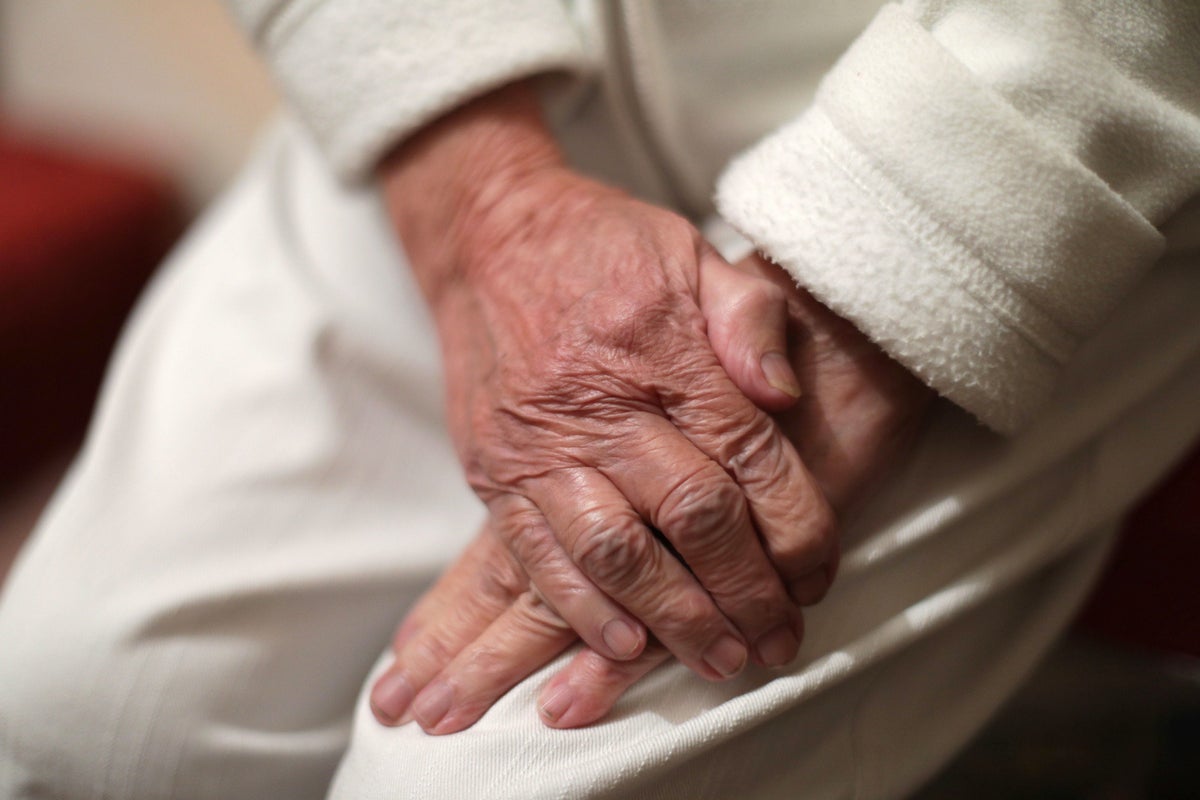A first-of-its-kind study will use ultrasound and light therapies to investigate targeted treatment of Alzheimer’s disease, dementia and Parkinson’s disease. The new study by scientists at Nottingham Trent University will look at whether treatment can be delivered to the brain via specialised microbubbles. The researchers believe the cure for Alzheimer’s, Parkinson’s and dementia could lie in the use of non-invasive techniques. They hope that when used in combination with ultrasound, these tiny bubbles can open the body’s protective blood brain barrier and allow the medication inside to pass through and begin treating the intended area. The blood brain barrier prevents harmful substances and toxins from reaching the brain – but this also means that potentially important treatments for these diseases are prevented from reaching the brain. Researchers hope the barrier can be temporarily opened to allow stem cell therapies to cross, and repair and reverse the damage in the brain. The ultrasound would be used with MRI so that the physiological effect in the brain could be monitored in real-time. The team is also investigating the potential for using light particles to give a boost of energy to the cells in the brain and blood brain barrier so they can heal naturally and effectively as quickly as possible. Dr Gareth Cave, head of the nanoscience and drug delivery group in NTU’s School of Science and Technology, said: “These are illnesses that do not discriminate and once they have taken hold, they rob people of the ones they love the most and valuable years together. “By harnessing knowledge spanning a range of fields, we are pursuing a totally different and truly innovative approach. “We believe the cure for Alzheimer’s, Parkinson’s and dementia could lie in the use of non-invasive techniques and natural materials. “These deeply powerful yet far safer tools for combatting the symptoms of these diseases could pave the way for routine treatments that transform – and save – the lives of sufferers.” The development of a laboratory model of a 3D blood brain barrier– using cultures of human brain cells – in order to rapidly and effectively screen potential therapeutic targets, is a key of the project. Data suggests there are more than 944,000 people in the UK who have dementia. The number of people with the condition is increasing because people are living longer, and it is estimated that by 2030, there will be more than one million people in the UK with dementia. The work is being funded by more than £1 million from the Eranda Rothschild Foundation.
Subscribe
Login
0 Comments





